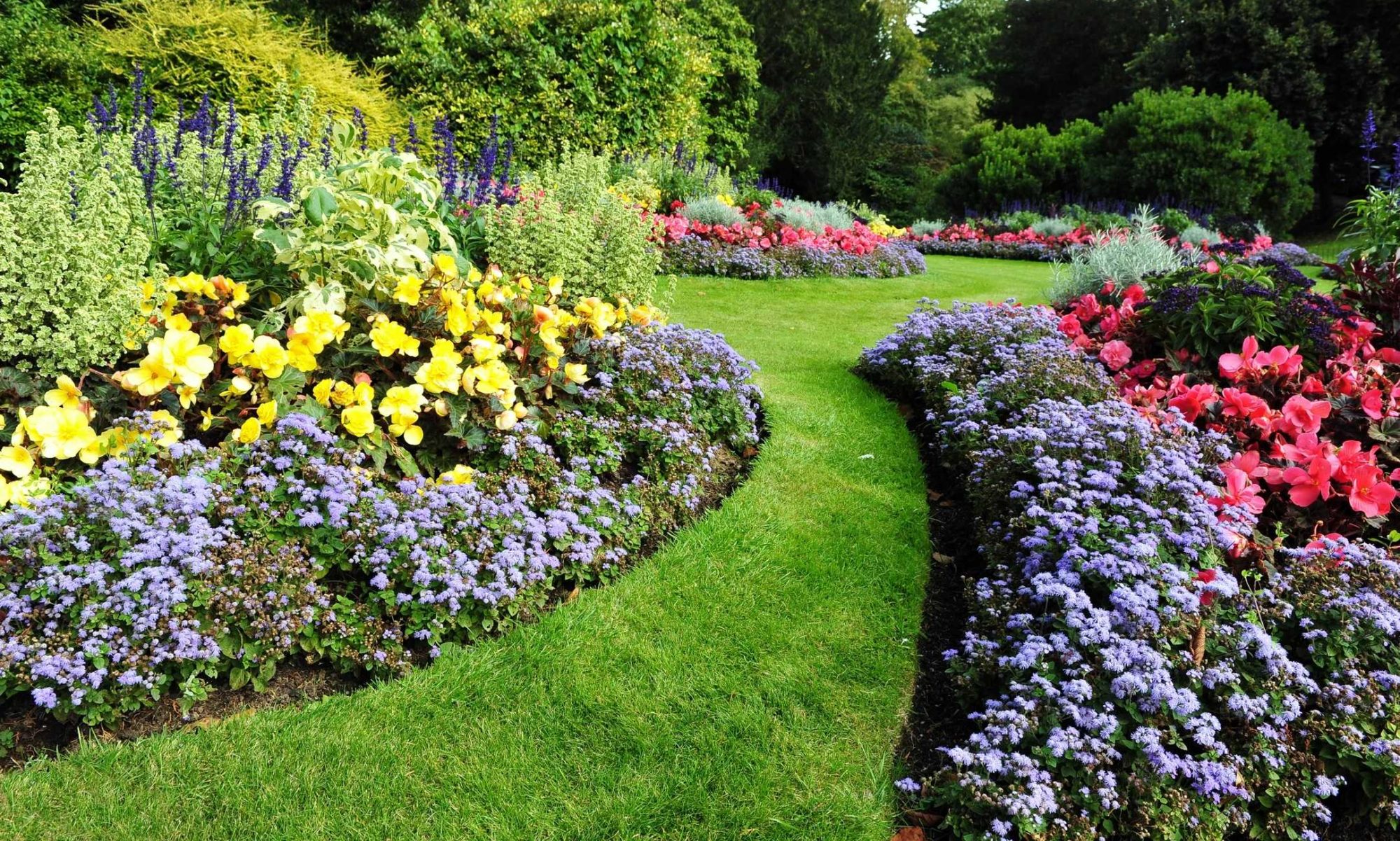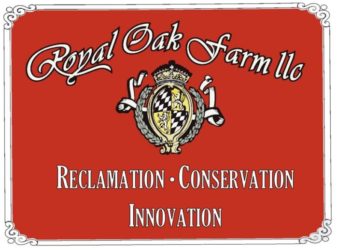Royal Oak Farm is the largest multi-feedstock solid waste composting facility in Virginia and is authorized by the Virginia Department of Environmental Quality (DEQ) under Permit No. SW-601 to accept a wide variety of materials:
Category I —Pre-consumer, plant or plant-derived materials such as:
(1) Agriculture crop residues including but not limited to harvesting residuals, straw, and cornstalks;
(2) Livestock feed including but not limited to hay, grain, silage, cottonseed meal, soybean meal;
(3) Nonfood agricultural processing waste including but not limited to cotton gin trash, wool carding residue, field corn cobs;
(4) Source-separated pre-consumer food wastes including but not limited to wholesale and retail market residuals (e.g., overripe, damaged, or otherwise rejected fruit or vegetables) and institutional kitchen culls;
(5) Food processing wastes including culls, peelings, hulls, stems, pits, seed, pulp, shucks, nut shells, apple pomace, corn cobs, cranberry filter cake, olive husks, potato tops, cocoa shells, fruit and vegetable processing waste, rejected products, and bakery wastes; and
(6) Source-separated clean waste paper
Category II —Animal-derived waste material such as:
(1) Dairy and fish processing wastes including but not limited to eggs, spoiled milk, cheese, curd, and yogurt, fish gurry and racks, clam bellies, fish shells, fish processing sludge, fish breading crumbs, mussel, crab, lobster, and shrimp wastes; and
(2) Rendered animals (beef, pork, deer, poultry, etc.)
Category III —Animal and post-consumer food wastes with pathogen potential such as:
(1) Source-separated wastes including but not limited to restaurant waste, institutional kitchen wastes, food preparation wastes, prepared but unserved foods, plate scrapings; and
(2) Animal manures including but not limited to spoiled stable straw bedding, livestock feedlot, holding pen and cage scrapings, dairy manure semi-solids, poultry litter and manure
Category IV —Other wastes such as:
- Non-rendered animal meat waste including but not limited to animal carcasses, slaughterhouse waste, and paunch manure
- Paper mill residuals, wood ash, water treatment plant sludges, saw and sander dust, food processing dissolved air flotation (DAF) sludges
Royal Oak Farm can take in other Category IV wastes depending on pilot tests of materials handling and compostability issues and subject to receipt of a minor permit modification from Virginia DEQ. These types of wastes might include industrial non-food manufacturing residuals (like scrap cutoffs from biodegradable flooring manufacturing or residuals from cosmetics manufacturing), and sidestreams from other processing steps (like glycerin from biodiesel manufacturing).
Feedstocks that are not acceptable at Royal Oak Farm include septage, sewage sludges (biosolids), mixed Municipal Solid Waste (MSW), toxic wastes, hazardous wastes, medical wastes or radiological wastes. Mixed loads of wastes containing any of these non-acceptable wastes are not accepted.
Please contact us if your company has suitable organic wastes you would like to recycle. We will ask you for laboratory data (as needed) for heavy metals and priority pollutants and request a 2-gallon sample of your wastes that we will send to our laboratory for compostability analyses. (Lab testing picture) If the various lab reports are acceptable to us, we will ask for a site visit to your facility to learn more about your wastes, how they are produced and managed, and how your process changes might affect waste composition and quality. We will also invite your staff to visit our facility to see how we transform suitable wastes to compost and soil products.


